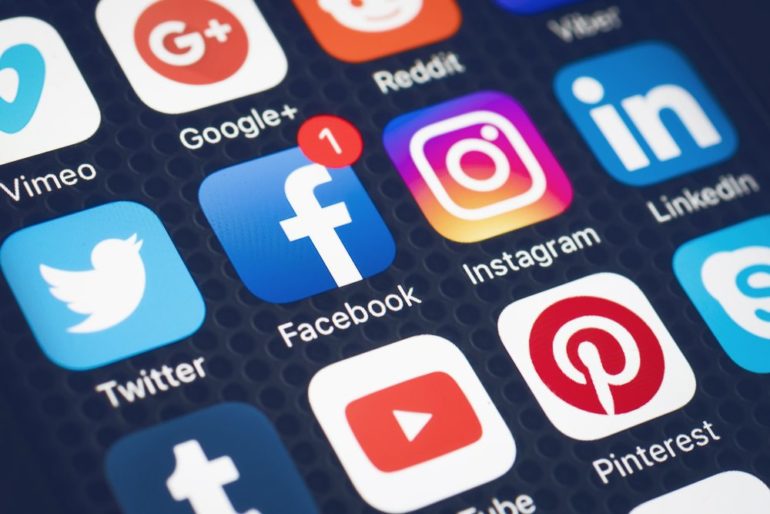Social media is becoming an integral part of modern life. These networking platforms offer ample space for everyone to share their experiences, catch with old buddies, post photos, and share different forms of digital content. What does all this have to do with your personal injury claim?
Almost everything!
If you are pursuing a personal injury claim, it is because you have suffered injury and other forms of damages associated with different types of accidents. The law allows you to seek compensation for your medical-related costs, lost income, pain, suffering, and other relevant damages based on the specific laws of your state or country.
It is perfectly normal for you to turn to social media and share some experiences associated with the lawsuit or accident with your fans. But you must understand the consequences of doing so. Anything you post on social media might be used against you during the case. To avoid this, you must be smart and careful about what you share on social networks. Also, consult with your Los Angeles motorcycle accident attorneyfor legal guidance. Here is how social media can impact your claim.
You might contradict your testimony
The details of your social media posts might contradict your claim. For instance, you may have said you have a broken arm. But your recent social media posts reveal that you were going bowling. In this case, the defence will definitely challenge your injuries. Remember, if you suffered an injury, you must be completely honest about the details of your case. Facebook posts and other social media details that contradict your claim might ruin your case completely.
Inconsistent check-ins
Well, check-ins on Facebook and other platforms can reveal that you were participating in activities that aren’t consistent with the injuries you suffered. For instance, you said that you suffered a broken leg (limited mobility), and then you check in at your regular yoga class. The defence can use location social media posts as evidence against you.
You might reveal what you can actually do
Your social media content can inadvertently reveal to the defence side what you are physically capable of even after the injury. For example, if you post a photograph of your kids on the ski hill, the defence might argue that you took the photo. And if that is the case, they will have a piece of evidence that places you on a ski hill. Generally, what you share on social media can call your case in different ways you can’t predict.
Comments from friends and family
The comments and posts made by your friends and family might hurt your case. Perhaps they will say something contracts the details of your injury. For example, they can make different statements about the compensation amount you want or say they were with you somewhere doing something that contradicts the details of your case. These are some of the details that can render your evidence useless and harm your claim.
Social media battles in court
Generally, a simple social media squabble can easily complicate your claim. You and your lawyer may have additional trips to the courtto hash out if you have to give your social media records for the defence side. Note that the law gives no social media privilege, and that means you can’t run away from producing your social networks records by setting your accounts to private or status to ‘friends only.’
Here’s what to do
If you intend to file a personal injury claim, don’t share even the slightest details of your case on social networks. If you must use these platforms, limit your activities to liking other people’s posts and perhaps sharing news content.
In case you want to see what other people are saying about you, consider searching your name. It is also essential to request your family, colleagues, and friends, not to mention anything related to your case. Remember, the best thing to do is to lay low on all social networks until your personal injury case is fully resolved. Remember, the other side will be watching; everything you say to the defendant or share on social networks may be used against you in court.


